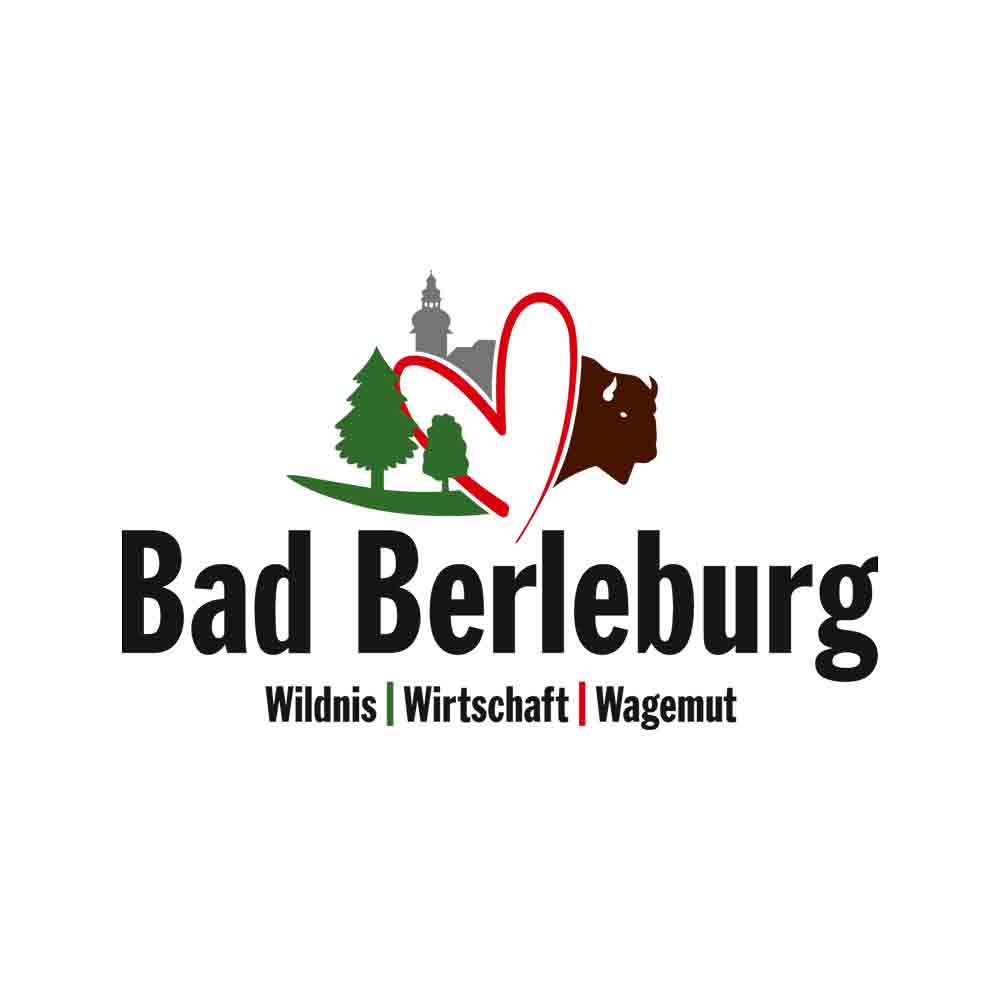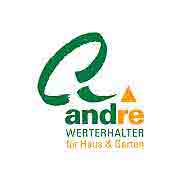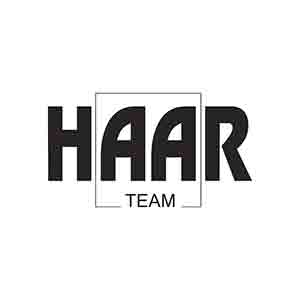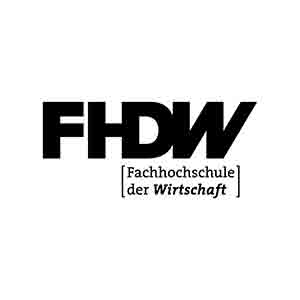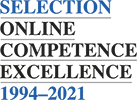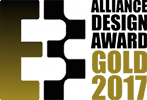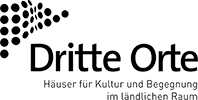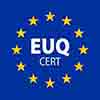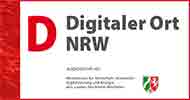Digital Tools for Remote Workers in Germany: Boosting Productivity
In recent years, a seismic shift in work paradigms has unfolded globally, with Germany adeptly navigating through this transformation. The surge in remote working has highlighted the indispensability of digital tools that not only enable seamless workflows but also fortify professional development and collaborative endeavors among remote teams.
Navigating the Virtual Work Environment: An Overview
With “Home-Office” becoming a commonplace practice across numerous sectors in Germany, a suite of digital tools has emerged as paramount in sustaining communication , safeguarding data, and managing projects effectively. Platforms like Trello, NordVPN have become fundamental in maintaining connectivity, ensuring data security, and orchestrating projects among remote teams.
, safeguarding data, and managing projects effectively. Platforms like Trello, NordVPN have become fundamental in maintaining connectivity, ensuring data security, and orchestrating projects among remote teams.
The Rise of Remote Work in Germany
From small startups to large multinational corporations, many organizations have adopted remote working models in Germany. This has been driven not only by the pandemic but also by an organizational shift towards more flexible working conditions and an understanding of the many benefits that remote work can offer, such as increased employee satisfaction, reduced overhead costs, and the ability to hire talent from a larger, more diverse pool.
Advantages of Remote Work:
-
Flexibility: Allows employees to create a work environment that suits their needs.
-
Accessibility: Employees can work from any location, providing they have an internet connection.
-
Diversity: Organizations can build teams with diverse talents from various geographical locations.
Leveraging Digital Tools for Enhanced Productivity
In ensuring that remote work is not just a makeshift alternative but a productive and efficient model, numerous digital tools have come to the forefront. These tools are essential in facilitating communication, project management, and collaboration among remote teams in Germany.
Key Digital Tools Categories
Communication Tools:
-
Slack: A channel-based messaging platform that enhances internal communication.
-
Zoom: Widely used for virtual meetings and webinars.
-
Microsoft Teams: A collaboration app that helps your team stay organized and has conversations all in one place.
Project Management and Collaboration Tools:
-
Asana: Helps teams orchestrate their work, from daily tasks to strategic initiatives.
-
Trello: Utilizes boards, lists, and cards to organize tasks and projects.
-
Jira: Particularly popular among software development teams for bug tracking, issue tracking, and project management.
Cloud Storage and File Sharing:
-
Google Drive: Offers cloud storage and file sharing, along with collaborative editing of documents.
-
Dropbox: A file hosting service offering cloud storage, file synchronization, and client software.
-
OneDrive: Microsoft’s storage service for hosting files in the "cloud".
Security Tools:
-
NordVPN: Provides secure and encrypted tunnels for online traffic flow.
-
LastPass: A password management service to ensure secure access to applications.
-
Bitdefender: Offers a range of antimalware, antivirus solutions to safeguard devices and data.
Time Management Tools:
-
Clockify: A time tracking tool that aids in productivity analysis.
-
RescueTime: Helps in understanding daily habits to make you more productive.
-
Toggl: Offers online time tracking and reporting services through their website along with mobile and desktop applications.
Adhering to Data Protection Laws in Germany
While deploying digital tools, it’s imperative for organizations and remote workers in Germany to adhere to data protection laws and regulations, such as the General Data Protection Regulation (GDPR) and Bundesdatenschutzgesetz (BDSG). These tools must ensure data privacy, secure communication, and safe storage, keeping the sensitivity of user data in mind.
Compliance Checklist:
-
Data Encryption: Ensure end-to-end encryption for data in transit and at rest.
-
Data Minimization: Collect only the data that is necessary for the intended purpose.
-
Access Control: Implement strict access control measures to prevent unauthorized access to data.
-
Regular Audits: Conduct frequent audits to ensure continuous compliance with data protection laws.
Bridging Language and Cultural Gaps in Remote Work
In the world of remote work, proficiency in a common language is often the glue that binds diverse teams together. Particularly in Germany, with its international business climate, English often serves as the lingua franca, facilitating communication among multicultural teams. However, mastery of the German language can significantly elevate the communication experience, especially in dealings with local clients, stakeholders, and team members.
In this regard, numerous digital tools have surfaced to cater to the language learning needs of remote workers. A subtle blend of convenience and functionality can be found in apps like Promova German language learning app , which is among many that facilitate German language acquisition through user-friendly interfaces and structured learning pathways. These apps are essential for professionals looking to seamlessly blend into the German work culture, understanding not only the language but also the nuanced cultural contexts embedded within it.
, which is among many that facilitate German language acquisition through user-friendly interfaces and structured learning pathways. These apps are essential for professionals looking to seamlessly blend into the German work culture, understanding not only the language but also the nuanced cultural contexts embedded within it.
Unleashing Creativity and Innovation
Platforms like Adobe Creative Cloud and InVision have become vital in enabling remote workers to actualize their creative ideas and share innovative projects. These digital tools pave the way for creativity and innovation, ensuring that geographical boundaries do not stymie collaborative creative pursuits.
Nurturing Continuous Learning and Development
The perpetual evolution of the digital realm necessitates continuous learning. Platforms like LinkedIn Learning and Coursera enable remote workers to upscale their skills and remain conversant with industry trends, ensuring that they navigate their career trajectories with informed agility.
Financial Management and Invoicing
Financial management tools like QuickBooks facilitate freelancers and independent contractors in managing the financial aspects of their work, including invoicing and expense tracking. These tools ensure that professionals can adeptly manage and document their financial transactions, maintaining transparency and accuracy.
Health and Well-being in the Digital Work Arena
Emphasizing mental and physical wellness is crucial in remote work. Apps providing resources and sessions focusing on mental health, meditation, and virtual workouts offer a supportive framework, counterbalancing the potential isolation and sedentary nature associated with remote work.
The Future of Remote Work in Germany
Understanding and exploring the digital tools available for remote working are steps into the future, where work is not defined by a location but by outcome and productivity. By strategically utilizing these tools, businesses can ensure that their teams remain cohesive, projects stay on track, and goals are consistently met, if not exceeded, even when team members are spread out geographically.
available for remote working are steps into the future, where work is not defined by a location but by outcome and productivity. By strategically utilizing these tools, businesses can ensure that their teams remain cohesive, projects stay on track, and goals are consistently met, if not exceeded, even when team members are spread out geographically.
Conclusion
The varied digital threads intertwining remote workers in Germany have meticulously crafted an innovative, secure, and collaborative digital work environment. As Germany embraces the future of work, the digital tapestry, enriched with tools facilitating everything from communication and project management to learning and cybersecurity, will continue to evolve, crafting a resilient, adaptive, and interconnected remote work culture.





























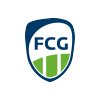
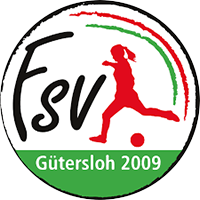

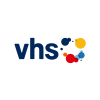








 Gütsel RSS Feed
Gütsel RSS Feed










